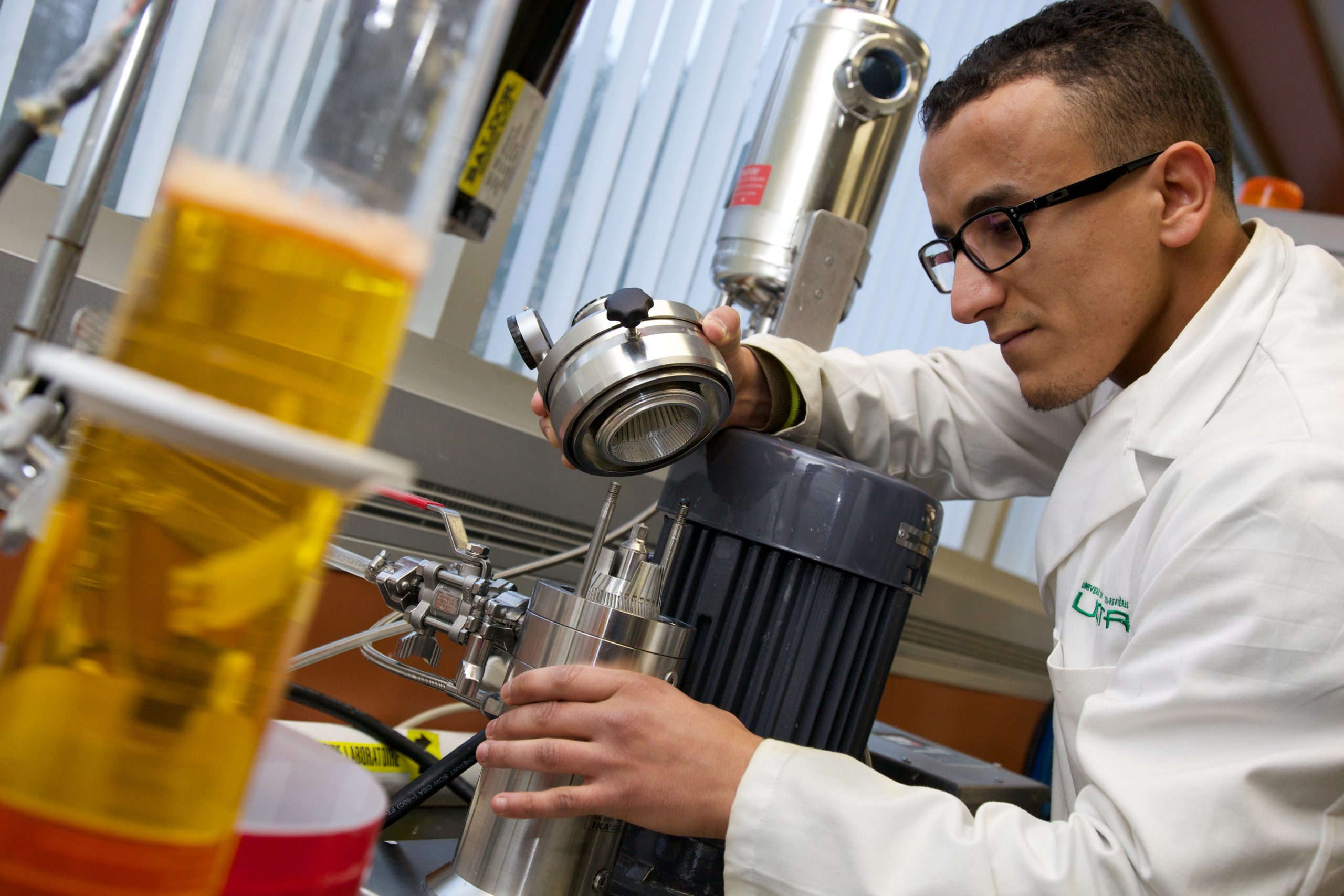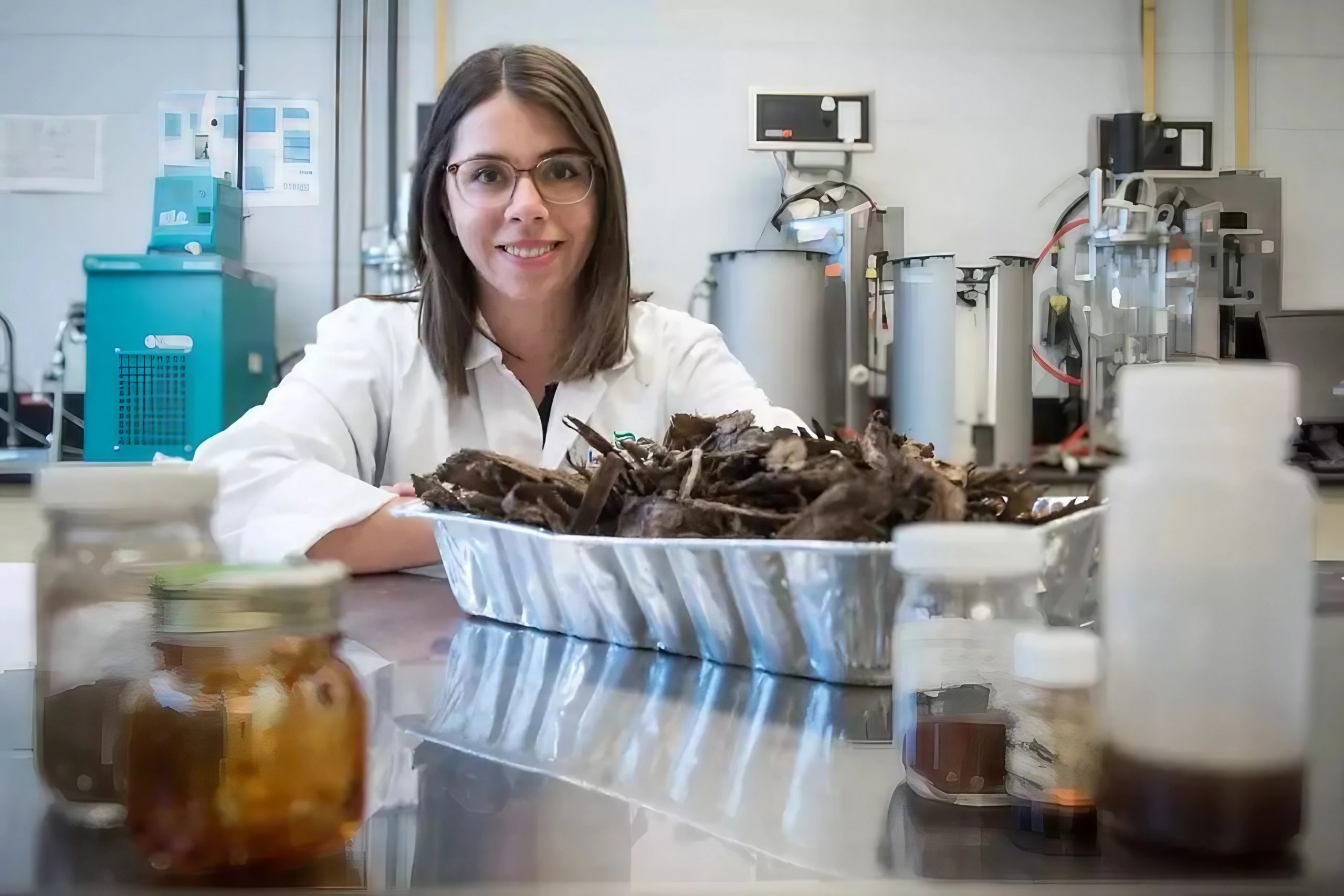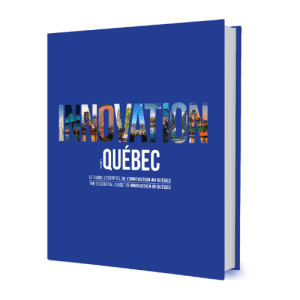The Innovations Institute in Eco-materials, Eco-products and Eco-energies (I2E3) is a multidisciplinary entity participating in the advancement of the bio-sourced economy in a green, circular and regional economy perspective. The I2E3 is the strategic evolution of a pulp and paper research centre that began its activities at the Université du Québec à Trois-Rivières in 1972 and whose knowledge and paper technologies now feed multisectoral research. Co-located in a university building with a college technology transfer centre of the Cégep de Trois-Rivières (Innofibre), the I2E3 allows its research partners to benefit from a college-university synergy that accelerates technological maturation and facilitates the transfer of new knowledge and technologies to the user community.

The mission of the I2E3 is to develop new products and innovative technologies that will enable companies involved in biomass processing to remain at the forefront by adapting quickly to changing market needs. The goal of the I2E3 is to increase the efficiency of the use of natural resources while respecting the environment, as well as to enhance the value of knowledge in industrial ecosystems.
The I2E3 focuses its activities on three distinct axes targeting materials, products and energies related to biomass of all kinds. Research on eco-materials and eco-products aims to develop knowledge that will lead to the creation of new renewable materials (e.g., composites, thermal insulation foams, gears, papers, glues, paints, textiles, alternative fibers, etc.) with increased durability and diverse properties (e.g., fire retardant, antimicrobial, antiviral, etc.) as well as the study of numerous bio-sourced products (e.g., cellulosic sugars, nanocellulose, organic acids, forest extractives, etc.). On its side, the eco-energy component, mainly oriented towards renewable fuels (ethanol, diesel, hydrogen, etc.), aims among other things to provide reliable basis for the technical and economic evaluation of these industrial sectors. Finally, in a transversal manner, research also addresses biomass supply logistics, scientific advice to local governments and entrepreneurship.

Favoring the deployment of its researchers, students and partners at the heart of training and research in strategic niches on a national and international scale, the I2E3 invests in numerous private, public and institutional partners, thus enabling collaborative research where innovation and added value are combined.
Focused on the progress of communities, the promising and mobilizing orientations put forward by the I2E3 aspire to promote an
ambitious transition of communities where the next generation of scientists will contribute to the success of the bio-economy of tomorrow.













